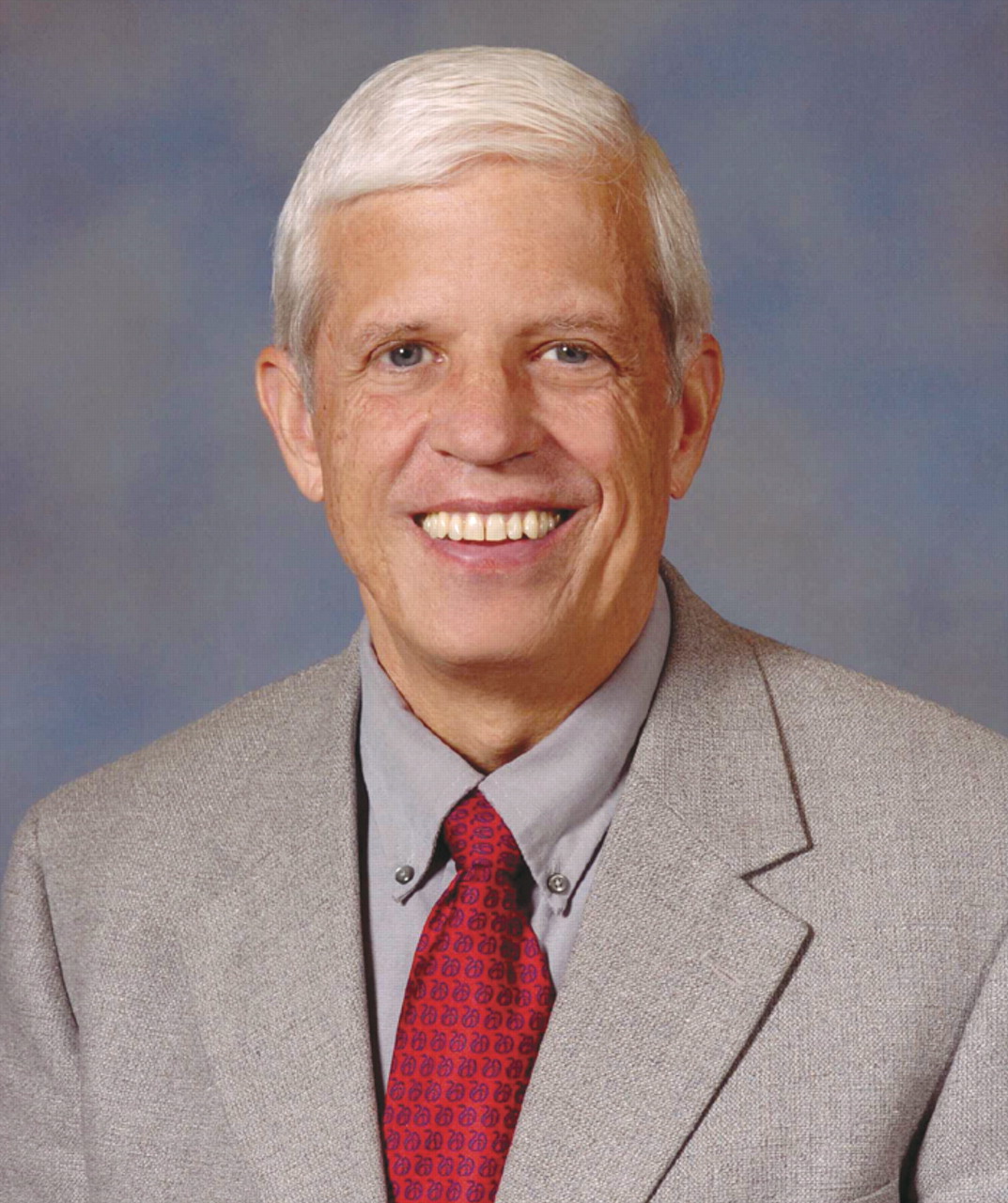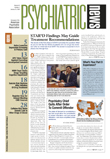Delegates attending the 2005 White House Conference on Aging (WHCA) last month made the mental health of older Americans a priority for the first time in the conference's history. Delegates asked President Bush and Congress to focus national efforts on improving geriatric mental health services and to support increasing the number of health care professionals with expertise in geriatrics and mental health.
Delegates from around the country representing diverse perspectives and issues agreed on 50 recommendations to send to the president and Congress regarding current and future pressing issues on aging. The delegates' final report will be sent to the president and Congress by June.
Recognizing the current health and mental health needs of older Americans and the challenges awaiting as the baby-boom generation ages, delegates voted to place mental health and geriatric health professional training issues at the forefront by voting them numbers eight and nine among the top 10 recommendations.
In their top 10 recommendations, delegates at the conference asked the president and Congress to
•
Reauthorize the Older Americans Act within the first six months after the 2005 White House Conference on Aging.
•
Develop a coordinated, comprehensive, long-term care strategy by supporting public and private sector initiatives that address financing, choice, quality, service delivery, and the paid and unpaid workforce.
•
Ensure that older Americans have transportation options to retain their mobility and independence.
•
Strengthen and improve the Medicaid program for seniors.
•
Strengthen and improve the Medicare program.
•
Support geriatric education and training for all health care professionals, paraprofessionals, health profession students, and direct care workers.
•
Promote innovative models of noninstitutional long-term care.
•
Improve recognition, assessment, and treatment of mental illness and depression among older Americans.
•
Attain adequate numbers of health care personnel in all professions who are skilled, culturally competent, and specialized in geriatrics.
•
Improve locally and state-based integrated delivery systems to meet 21st century needs of seniors.
“Older adults and their advocates are much more aware of the disabling and tragic consequences of mental illness in late life, especially depression, anxiety, and the agitation that is associated with dementia. They also recognize that we can do something about it,” explained Dan Blazer, M.D., Ph.D.
Blazer, the president of the American Association for Geriatric Psychiatry and a professor of psychiatry and behavioral sciences at the Duke University School of Medicine, served as a delegate to the WHCA.
“The elderly and their advocates also recognize that to implement those treatments that we know to be effective, we must have a trained workforce,” Blazer added.
A setback to achieving the conference's workforce recommendations came shortly after the conference, when funding for the training of health care professionals in geriatric programs, under Title VII of the Public Health Service Act, was eliminated as part of the Labor, Health and Human Services, and Education spending bill for 2006. Aware that the cut was being considered, conference delegates had urged restoration to ensure that vital programs could continue to educate a much-needed workforce.
The 2005 WHCA, the fifth conference held, adopted the theme “The Booming Dynamics of Aging: From Awareness to Action.” Delegates focused on the unique challenges facing the 78 million Americans known as baby boomers, who begin turning age 60 this year.
Prior conferences—in 1961, 1971, 1981, and 1995—contributed to the establishment and augmentation of Medicare, Medicaid, and the Supplemental Security Income Program; the passage of the Older Americans Act; and the birth of the National Institute on Aging. Delegates are selected by governors, members of Congress, and the National Congress of American Indians.
More information about the 2005 White House Conference on Aging is posted at<www.WHCoA.gov>.▪

